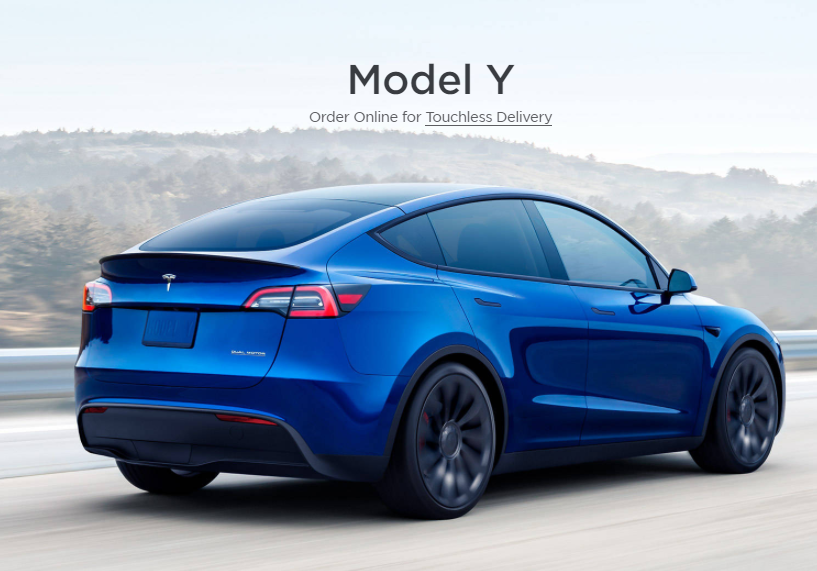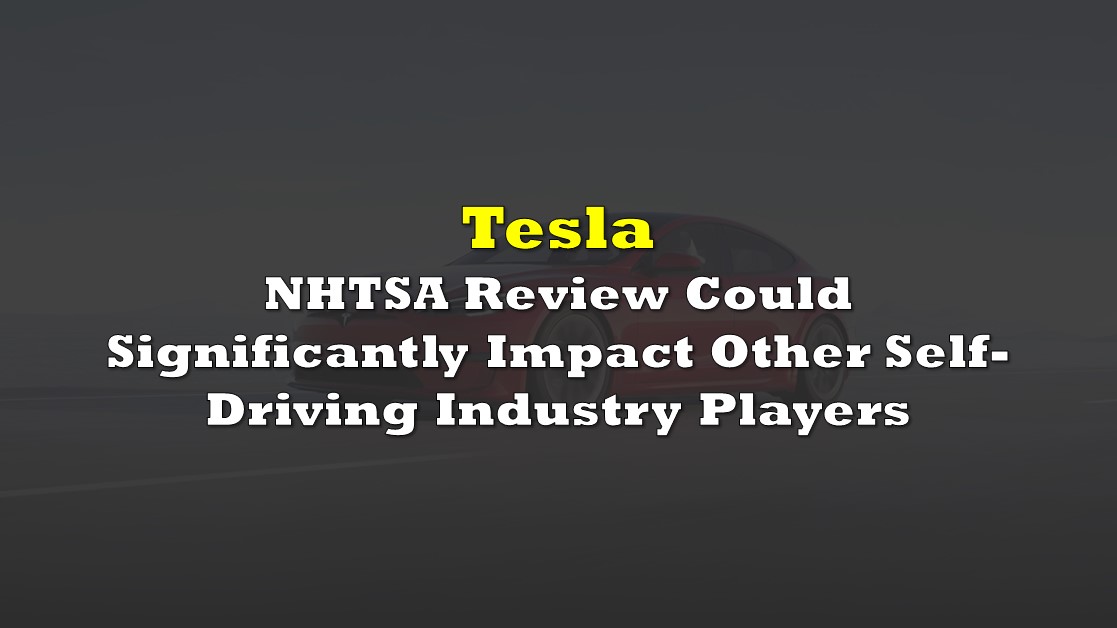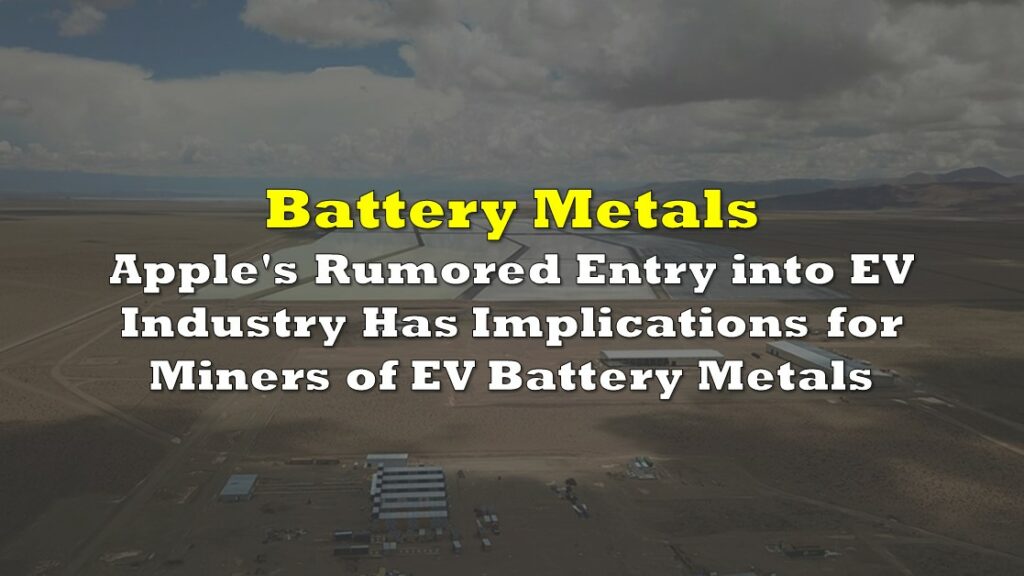On August 13, the U.S. National Highway Traffic Safety Administration (NHTSA) opened a review into Tesla Inc.’s (NASDAQ: TSLA) Autopilot system that has been installed in 765,000 of the company’s models produced between 2014 and 2021. The key catalyst for the inquiry, which is the biggest in Tesla’s history, seems to be 11 collisions since 2018 with emergency vehicles at “first responder scenes” that killed one and injured 17.
The agency plans to assess the role that Tesla’s driverless technology may have played in the accidents. The probe is a marked departure from NHTSA practices of recent U.S. Administrations. Until now, the agency seemed reticent to regulate self-driving technology, fearing that by doing so it would stifle the adoption of potentially life-saving systems.

One self-driving expert has theorized a way in which crashes with stopped emergency vehicles can happen: Tesla cars equipped with its Autopilot technology are designed to ignore stationary objects when traveling at speeds above 40 mph. By doing so, the vehicles do not aggressively brake when approaching an overpass or cars stopped temporarily on the shoulder of the road. Autonomous driving vehicles pay much less attention to road flares or flashing lights around an accident scene than a fully engaged human driver.
Uncertain Financial Impact on Tesla
It is difficult to assess the potential financial implications for Tesla. On the one hand, the cost could be quite modest. Indeed, the NHTSA concluded an earlier investigation into Autopilot without taking any action.
On the other end of the spectrum, the agency could choose to upgrade the investigation to an engineering analysis. After that more intensive analysis is completed, which could take a year, the NHTSA could demand a recall.
Estimating the cost of a potential recall is extremely challenging. One recent example is General Motor’s recall of 69,000 all-electric Chevrolet Bolt models for potential battery problems that could lead to a fire. GM set aside about US$11,600 per vehicle, a huge figure, to cover the cost of that recall.
In the past, Tesla investors have been willing to look past operating disappointments like production shortfalls, as they focused on longer term, big-picture issues. Perhaps in this case, the Tesla investor base may do so again.
Other smaller development companies in the autonomous driving space may not be so lucky, as investors may wait for the details of the NHTSA’s investigation before allocating more investment dollars to the space. One such potentially affected company is Luminar Technologies, Inc. (NASDAQ: LAZR), a global leader in automotive lidar (light detection and ranging) hardware and software technology. Autonomous driving vehicles would likely employ lidar sensors.
Another affected company could be TuSimple Holdings Inc. (NASDAQ: TSP). TuSimple is developing a fully autonomous driving solution for long-haul heavy-duty trucks. While the tech will be inherently differentiated from that of Tesla’s, regulation in the space could pose as a major negative impact this early in the developing sector.
Tesla last traded at US$711.92 on the NASDAQ.
Information for this briefing was found via Sedar and the companies mentioned. The author has no securities or affiliations related to this organization. Not a recommendation to buy or sell. Always do additional research and consult a professional before purchasing a security. The author holds no licenses.









